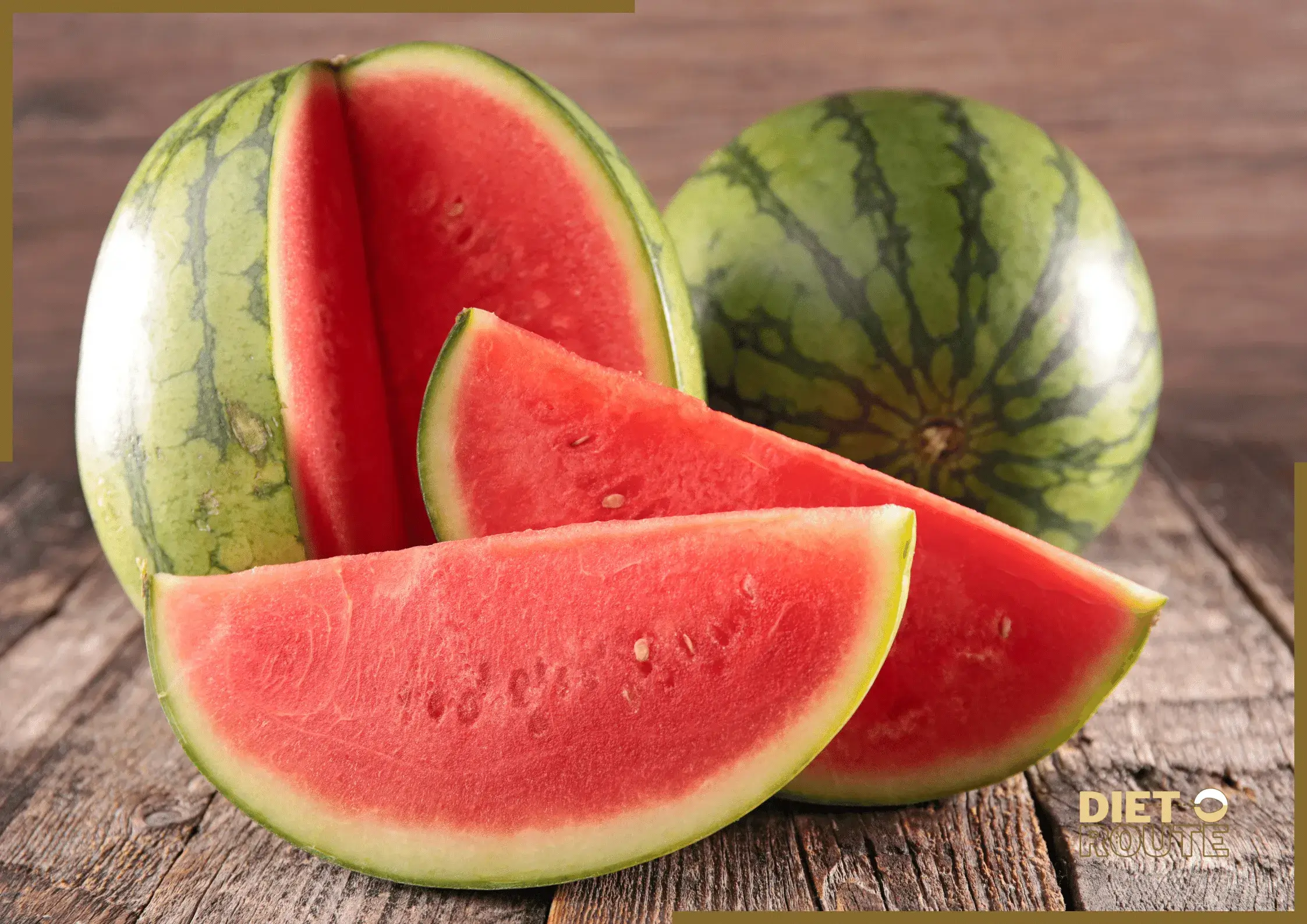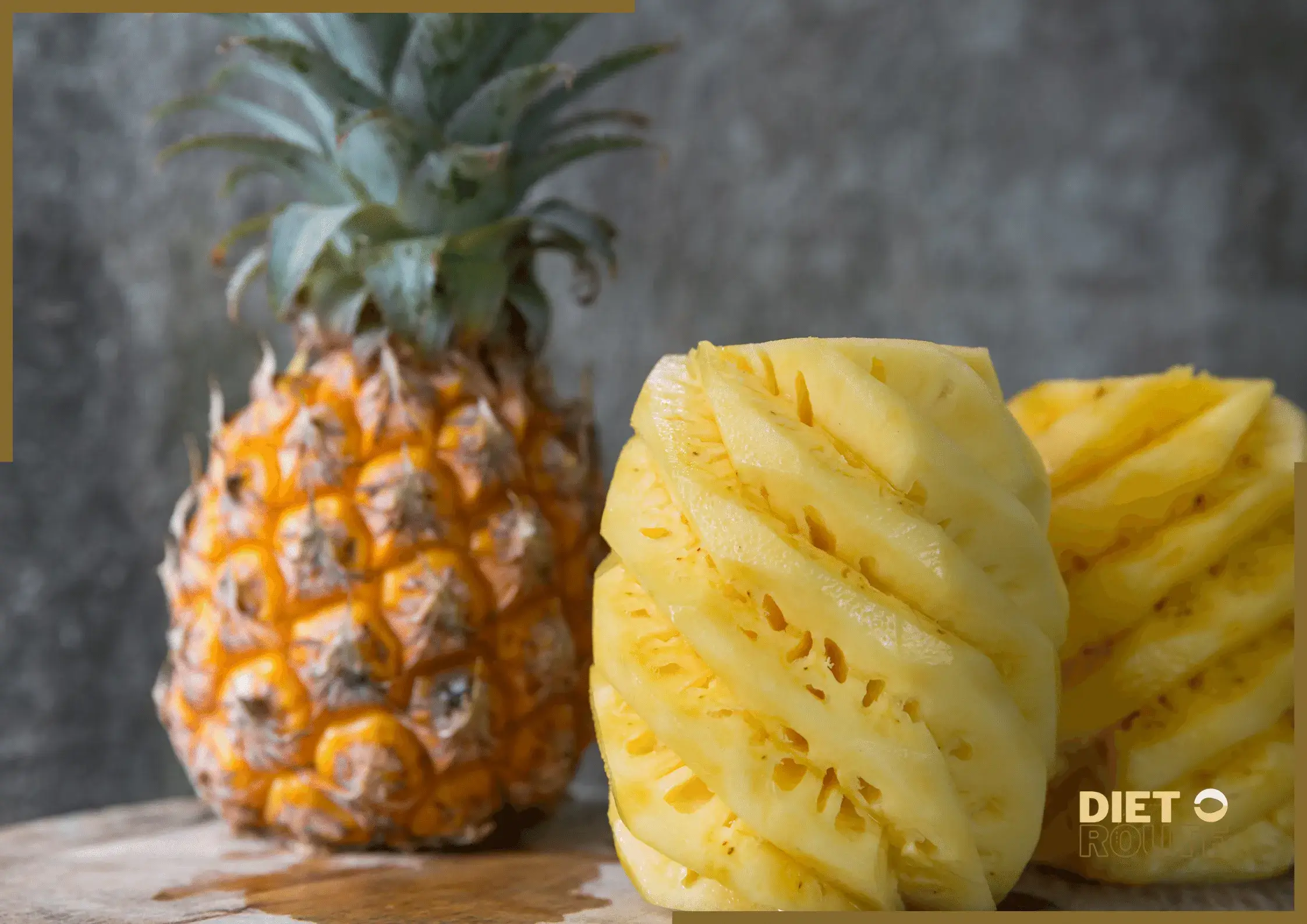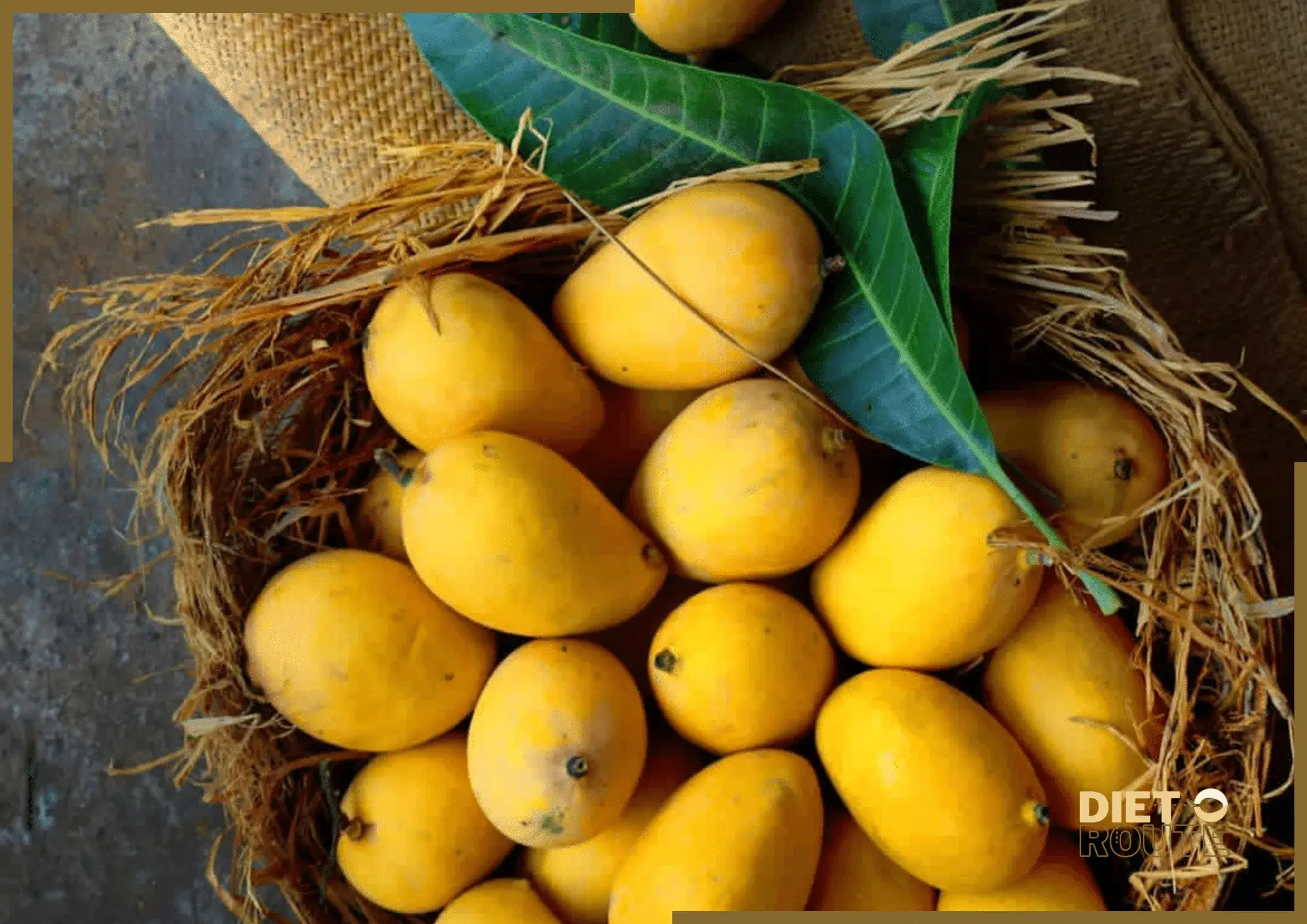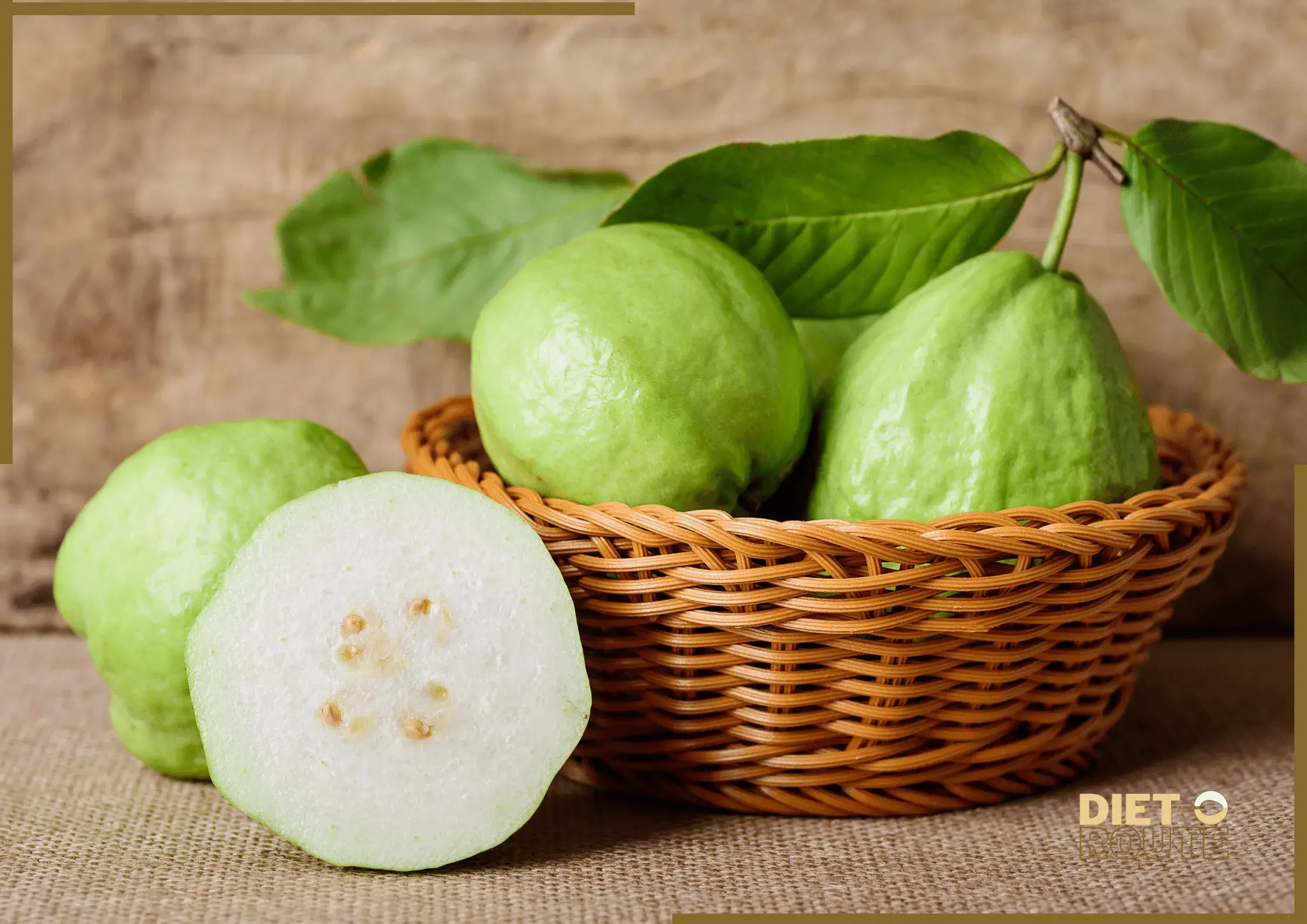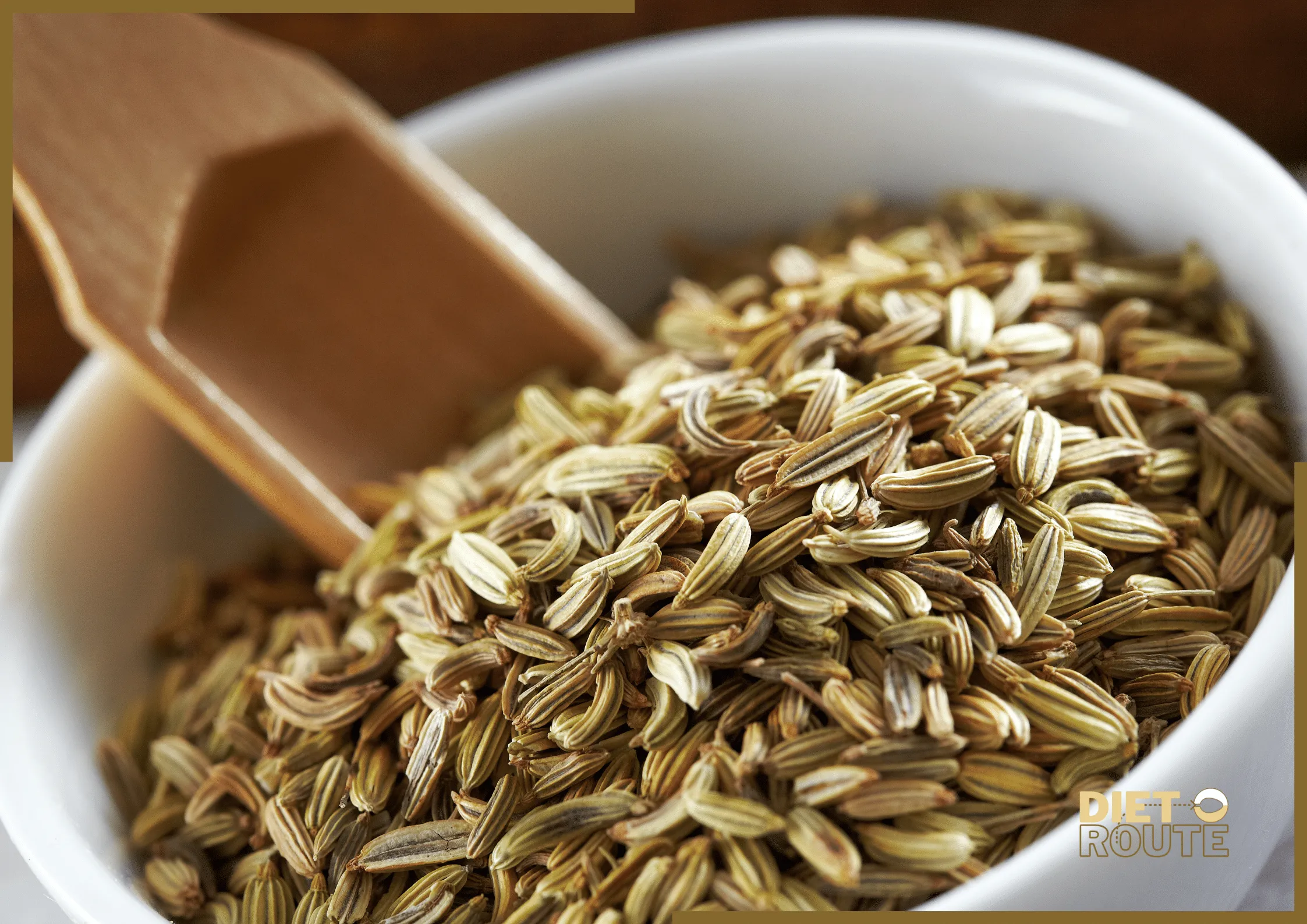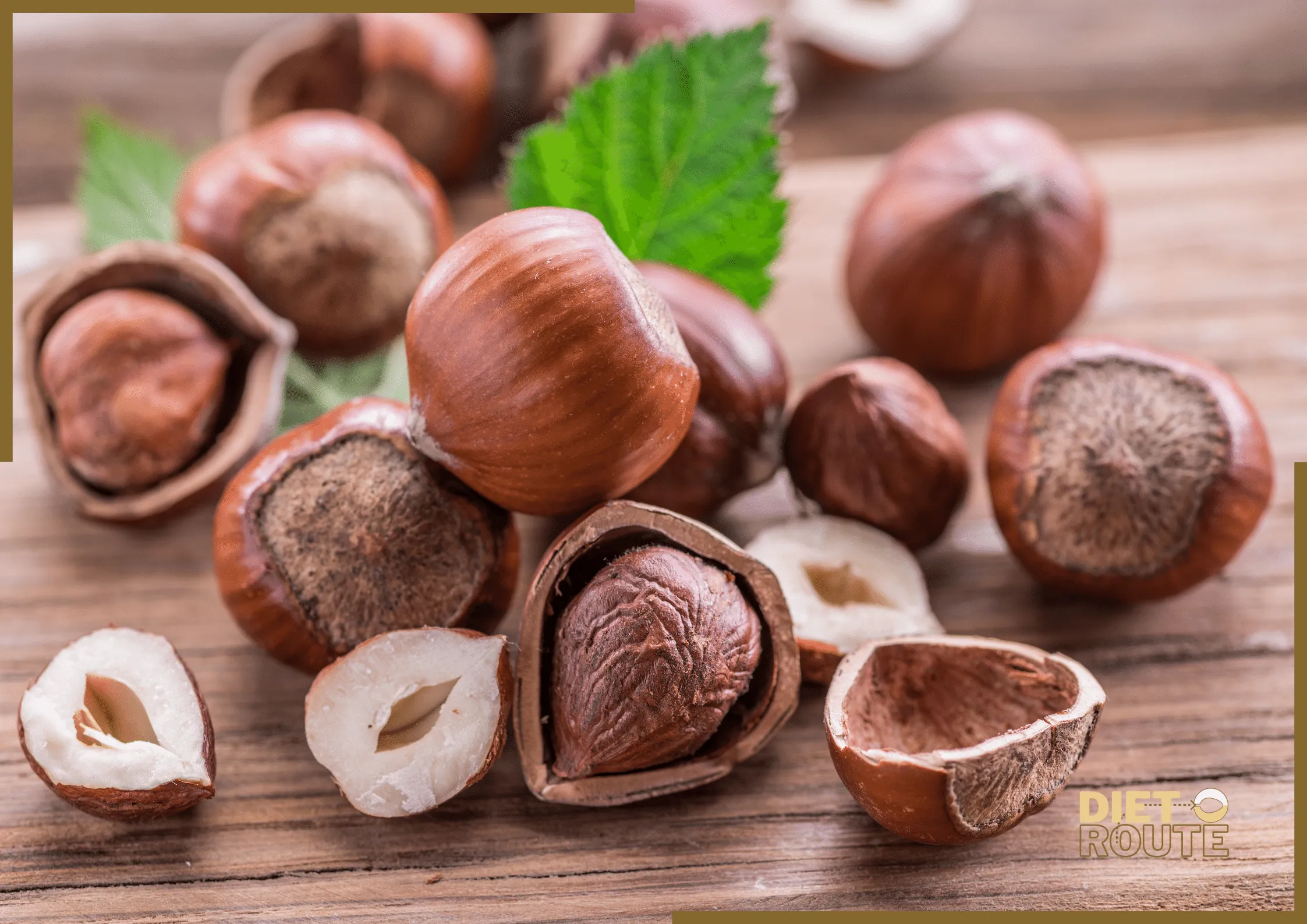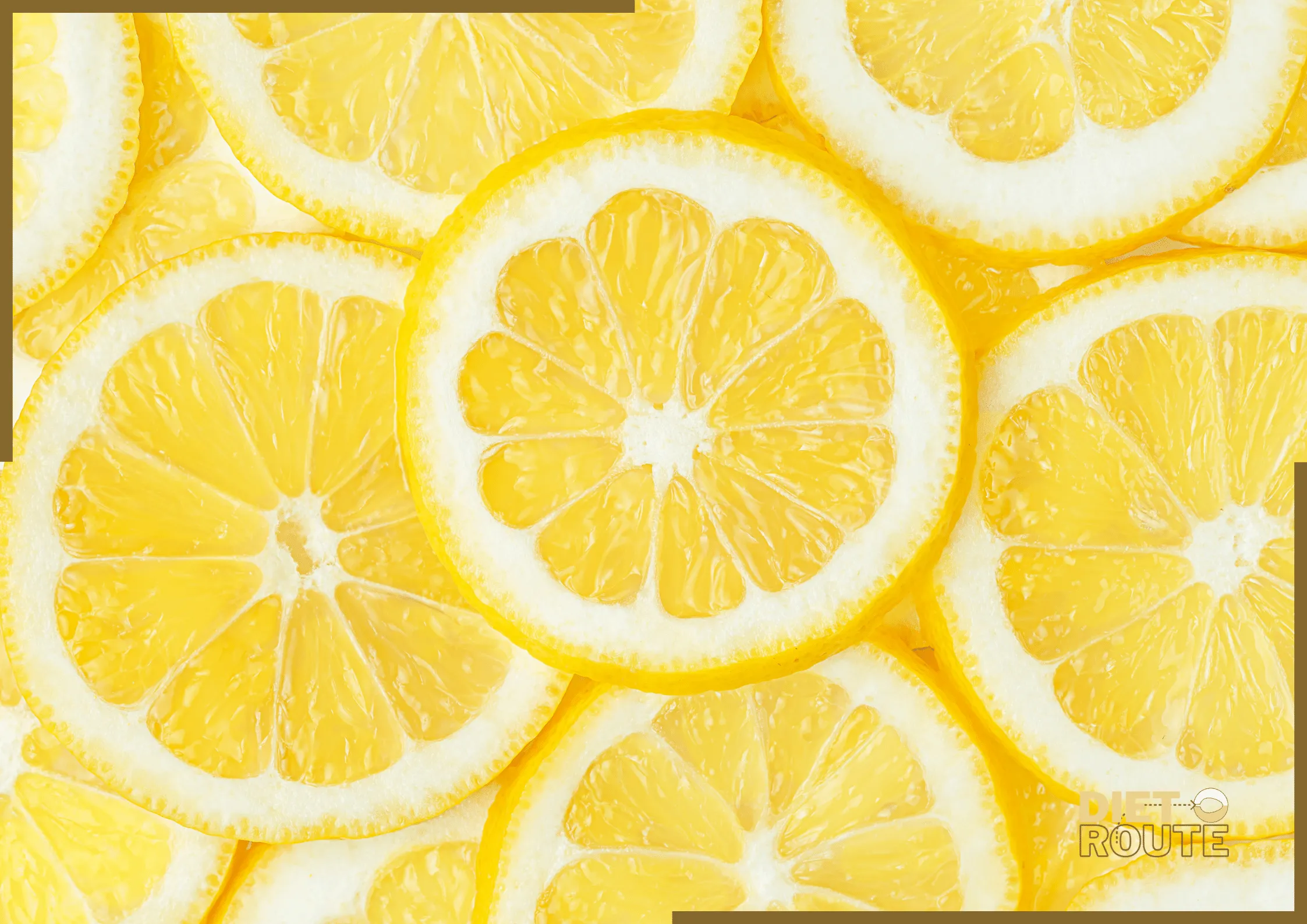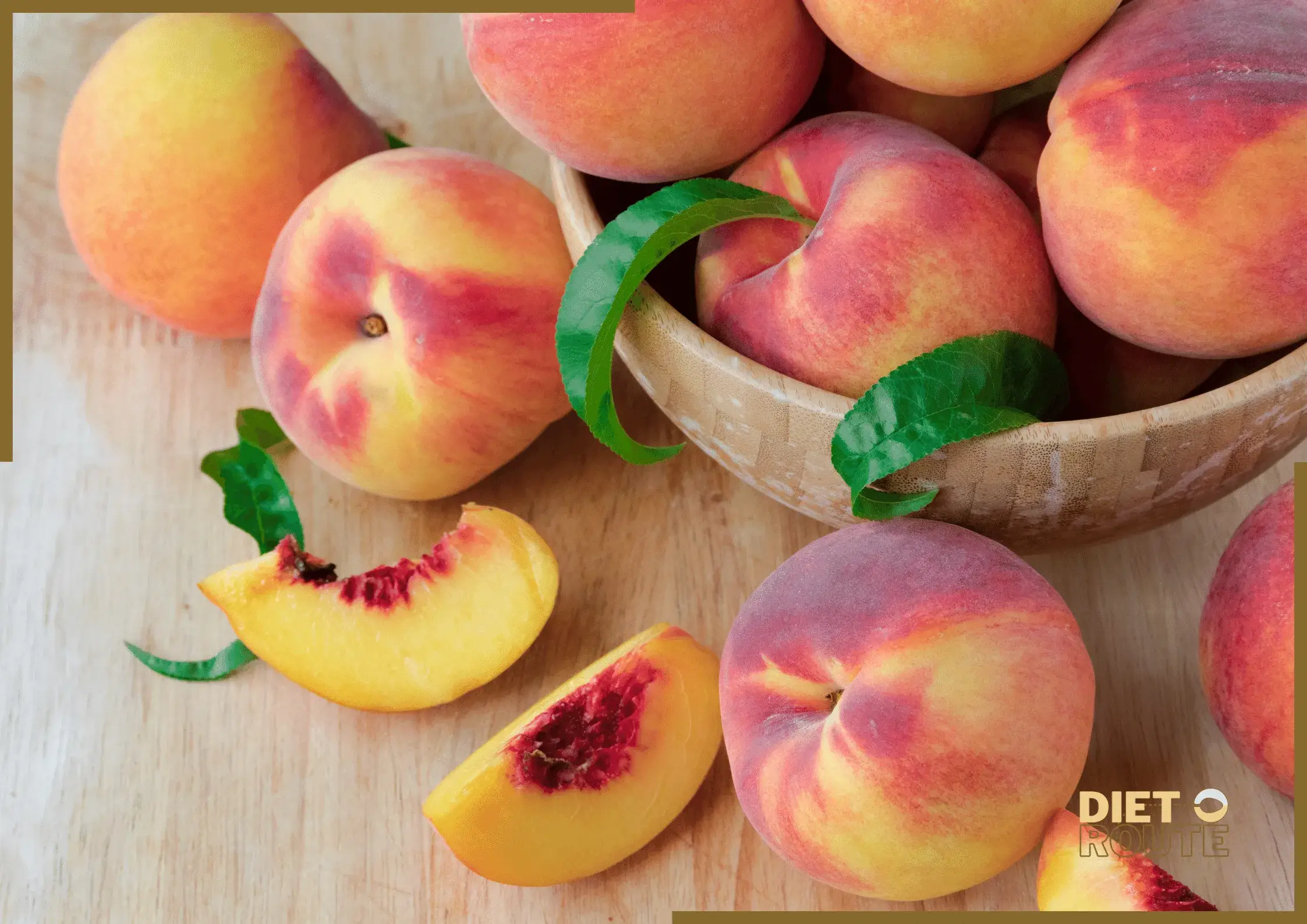Introduction
Watermelon is a popular summer fruit that is both refreshing and hydrating. This article presents a tabular breakdown of the NV, including the daily value percentage (% DV). In this article, we will discuss the advantages and disadvantages and provide answers to ten commonly asked questions (FAQs). Explore the numerous health advantages of this watery refreshing fruit and learn why it is an excellent supplement to your daily nutrition.
Table of Contents
Nutritional Value Approximately 100g
The values provided are approximate can vary depending on the size and ripeness.
| Nutrient | Amount Per 100g | % Daily Value* |
| Calories | 30 kcal | 1.5% |
| Carbohydrates | 7.6 g | 2.5% |
| Fiber | 0.4 g | 1.5% |
| Sugars | 6.2 g | – |
| Protein | 0.6 g | 1% |
| Fat | 0.2 g | – |
| Vitamin C | 8.1 mg | 13.5% |
| Vitamin A | 569 IU | 11.4% |
| Potassium | 112 mg | 2.4% |
| Lycopene** | 4,532 µg | – |
*Percent Daily Values (% DV) are based on a 2,000-calorie diet.
**Lycopene, the carotenoid pigment that gives watermelon its red colour, has been associated with numerous health benefits.
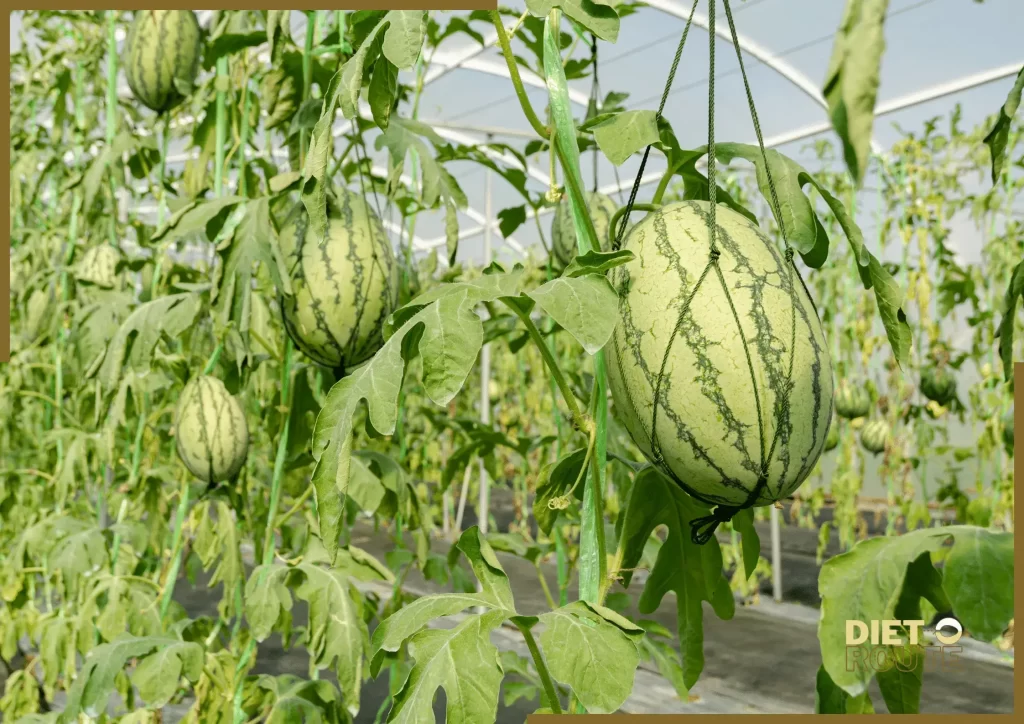
Pros
1. Watermelon is a great source of hydration due to its high water content, which helps to keep the body hydrated and maintain proper fluid balance.
2. It is a vitamin-rich fruit that contains significant amounts of vitamins A and C. These vitamins are crucial for maintaining good health and supporting immune function.
3. It is a great source of lycopene, a potent antioxidant that can help prevent certain diseases and support cardiovascular health.
4. It is a heart-healthy fruit as it contains hydration, vitamins, and antioxidants that support cardiovascular health.
5. It is a great guilt-free snack or dessert option as it is low in calories.
Cons
1. Watermelon is rich in natural sugars, which means that people with diabetes or those who are keeping an eye on their sugar intake should consume it in moderation and be mindful of their overall carbohydrate consumption.
2. While uncommon, a few people may have an allergy to watermelon. In case of any negative effects post watermelon consumption, it is advisable to seek medical assistance.
Frequently Asked Questions (FAQs)
1. Is watermelon beneficial for weight loss?
It is a great option for weight management as it is low in calories, high in water content, and contains dietary fibre. Moderation and portion control remain crucial for maintaining a healthy lifestyle.
2. Is watermelon beneficial for staying hydrated?
It is a great option for staying hydrated due to its high water content. It can effectively replenish fluids in the body.
3.Can watermelon enhance skin health?
The rich vitamin C content helps in the production of collagen, promoting healthy skin. It’s hydrating properties can aid in preserving skin moisture.
4.Does watermelon aggravate acid reflux or heartburn symptoms?
It is a great natural remedy for acid reflux or heartburn as it contains a high amount of water that can help relieve symptoms. It is advisable to pay attention to your body as everyone’s tolerance level may differ.
5. Is watermelon safe for people with kidney problems to eat?
It is a kidney-friendly fruit as it contains high amounts of water and low levels of protein. It is important to seek personalised advice from a healthcare professional.
6. What are the benefits of watermelon for eye health?
It is a great source of vitamins A and C, which can promote healthy eyesight. Maintaining a balanced diet that includes a diverse range of fruits and vegetables is essential for promoting optimal eye health.
7. Is watermelon safe for babies and young children?
It is a suitable food option for infants and toddlers who are transitioning to solid foods. To reduce the risk of choking, it is recommended to serve watermelon in small, easily chewable pieces that are appropriate for the age of the person consuming it.
8. Is watermelon effective in reducing muscle soreness?
It is a great source of citrulline, an amino acid that can potentially aid in reducing muscle soreness and enhancing exercise recovery. Additional research is required to validate its efficacy.
9. Can you eat watermelon seeds?
Yes, the seeds are consumable and can be eaten. These are a great source of protein, beneficial fats, and essential micronutrients.
10. Is watermelon a good addition to a well-balanced diet?
It is a great addition to a well-balanced diet. This product provides hydration, vital nutrients, antioxidants, and a revitalising flavour. For the best nutrition, it is important to eat a diverse range of fruits, vegetables, whole grains, and lean proteins.
In a Nut Shell
Watermelon is a nutritious and delightful fruit that offers hydration, vital antioxidants, and essential vitamins. It is a highly nutritious fruit that provides several health benefits due to its low calorie count, heart-friendly characteristics, and high lycopene content. Moderation is recommended for people with diabetes when consuming watermelon, while those with allergies should be careful.
It is a delicious and nutritious snack that can be enjoyed in various ways. You can savour its refreshing taste by eating it as a snack, adding it to fruit salads, or blending it into smoothies. It offers numerous health benefits that make it a great addition to your diet.
